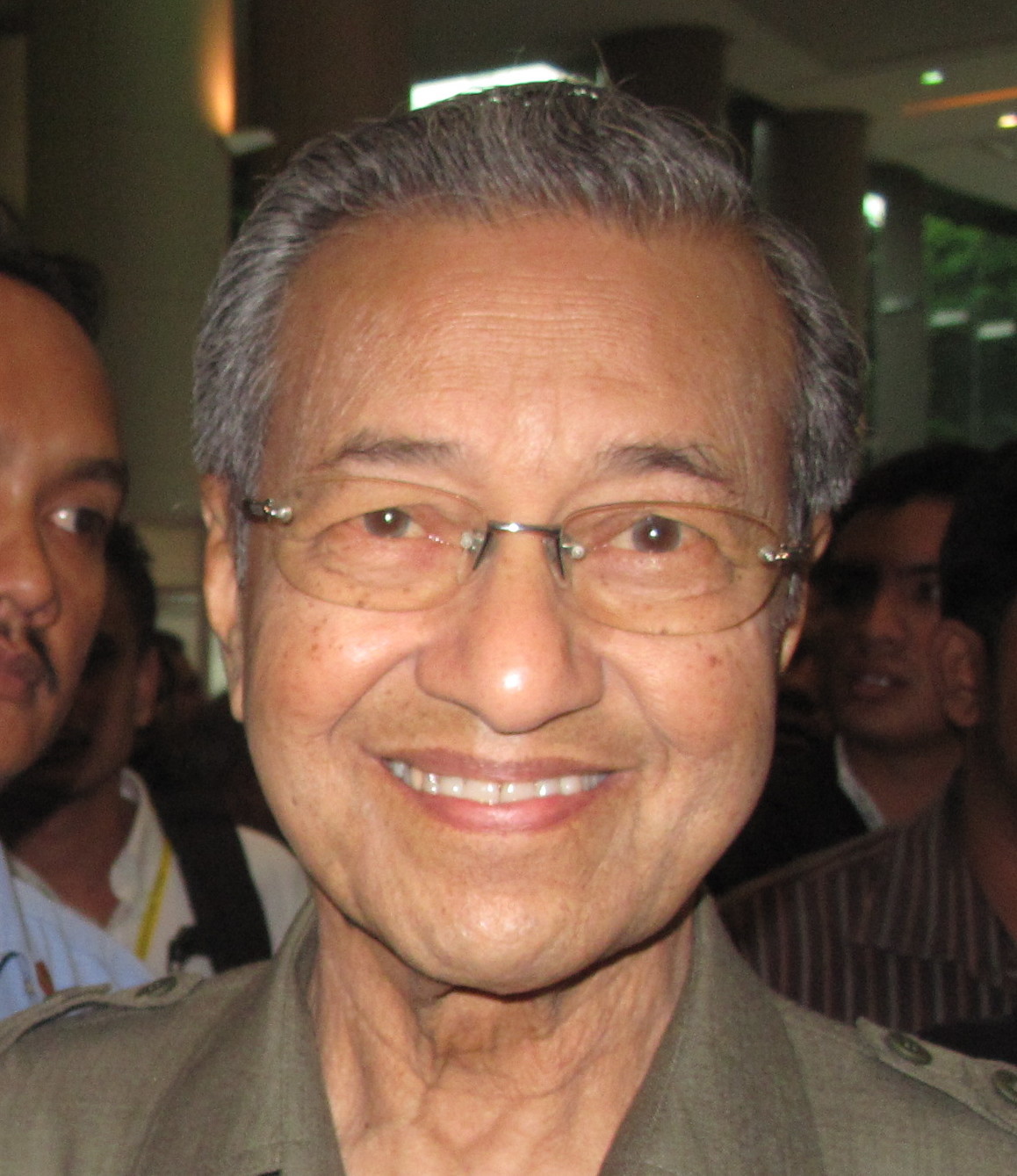Mahathir: Old Dog, New Tricks

As he was sworn in at a ceremony at the official state palace in Kuala Lumpur on the evening of 10 May, Mahathir Mohamed (‘Mahathir’) completed an unlikely political comeback. The Pakatan Harapan (‘PH’) coalition which he chaired had defied predictions to decisively win the election, taking 113 seats and outstripping the 79 won by the Barisan Nasional (‘BN’), the coalition that has ruled Malaysia continuously since independence in 1957. Mahathir’s election was remarkable for a number of reasons. He had ruled Malaysia in an uncompromising and intolerant fashion between 1981 and 2003 as the head of the BN, but dramatically quit his political party, the United Malay National Organization (‘UMNO’), in early 2016 in protest at the alleged involvement of Najib Razak (‘Najib’), the then-prime minister and a former protégé of Mahathir, in a vast corruption scandal involving 1Malaysia Development Berhad (‘1MDB’), a state-owned investment fund. Not only did Mahathir then join the same PH coalition which had suffered oppression under his rule, he rekindled his partnership with PH leader Anwar Ibrahim, a former Mahathir ally-turned-opposition-politician whom Mahathir had imprisoned on dubious charges in 1999. After announcing his candidacy for the election, the enduringly popular Mahathir successfully re-cast himself as a reformer who would clean up Malaysian politics, perhaps surprisingly, considering allegations about corruption during his own administration.
The election was as much lost by Najib as it was won by Mahathir. Najib, who had been prime minister since 2009, was brought down primarily by his alleged involvement in the theft of several billions of dollars from 1MDB, a fund ostensibly set up to promote economic development in Malaysia, and the suppression of any genuine Malaysian investigation into the allegations. The scandal had coincided with Najib’s introduction of a new Goods and Services Tax (‘GST’) in 2014. The new tax was highly unpopular as it was thought to have been imposed to make up for the loss of public funds from 1MDB. This claim was repeatedly denied by Najib, but the image of the prime minister helping himself to state coffers with impunity while imposing new tax burdens on his citizens was a highly damaging one that pushed public forbearance to breaking point.
Mahathir successfully re-cast himself as a reformer who would clean up Malaysian politics, perhaps surprisingly, considering allegations about corruption during his own administration
Mahathir’s immediate priorities upon assuming office are clear cut. On the campaign trail, Mahathir repeatedly promised that he would reopen investigations into the 1MDB scandal; he has already imposed travel restrictions on Najib and announced plans to name a new attorney-general. PH has also announced the abolition of the GST and has promised other measures to ease the cost of living, and will be under pressure to deliver noticeable improvements in this regard within its first few months of rule. Mahathir has also secured a full pardon for Anwar, paving the way for him to eventually succeed Mahathir as prime minister.
However, PH’s unprecedented victory also leaves Malaysia in unchartered waters, creating an uncertain political and investment environment in the short term. Questions linger over how PH, a varied coalition united primarily by contempt for Najib, will transition from campaign trail to government. Small fractures in the PH alliance have already begun to emerge. In the days following its victory, Wan Azizah Wan Ismail, Anwar’s wife and the president of the Parti Keadilan Rakyat (‘PKR’) party which holds the most parliamentary seats in the PH coalition, temporarily withdrew from negotiations regarding the make-up of the new cabinet after disagreeing with Mahathir over the appointment of the new finance minister. These fractures are not expected to break up the coalition, but struggles over the balance of power, particularly between Mahathir and Anwar, are likely to be a feature of the PH administration. There is a danger that perceived dysfunction in the highest levels of government would leave any post-election euphoria among the electorate short-lived, and could see BN support rebound ahead of the next election.
Questions also remain over the security of Chinese investments in Malaysia, linked to the Belt and Road Initiative (‘BRI’). One of Mahathir’s campaign promises was that he would review a number of agreements with China negotiated under Najib, and pull out of projects he deems unnecessary. The East Coast Rail Link, a 688-kilometer rail project costing USD 13 billion and under construction by a Chinese state-owned company, has attracted particular criticism from Mahathir. However, while Mahathir’s victory is likely to see the renegotiation of some agreements, these are likely to be limited in scale. Having just won the election promising to deliver greater prosperity to ordinary Malaysians, Mahathir will be wary of threatening Chinese investment in potentially lucrative projects. As long as Mahathir is able to renegotiate agreements on more favourable terms, Chinese investment will be too important to spurn.